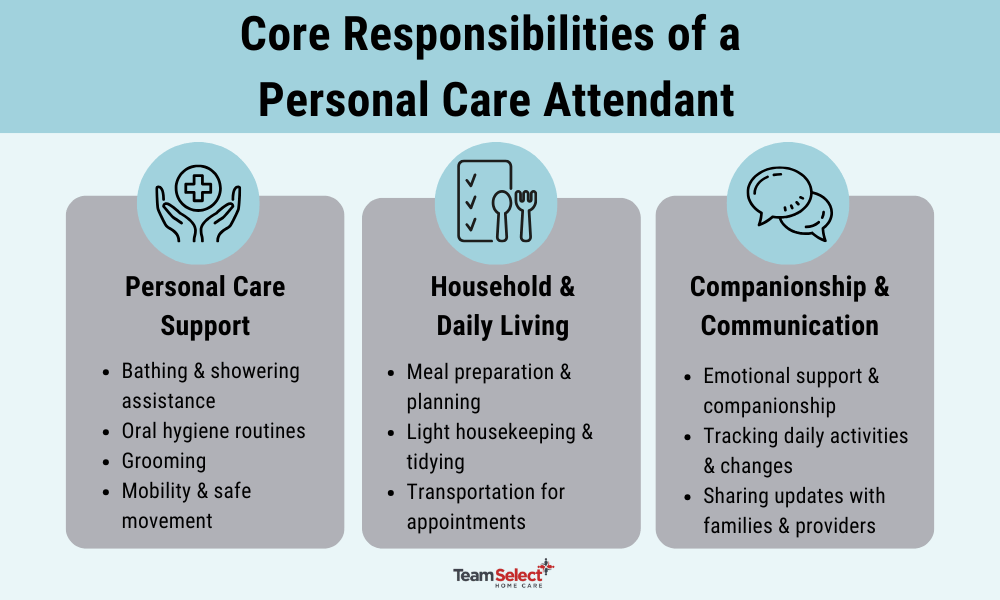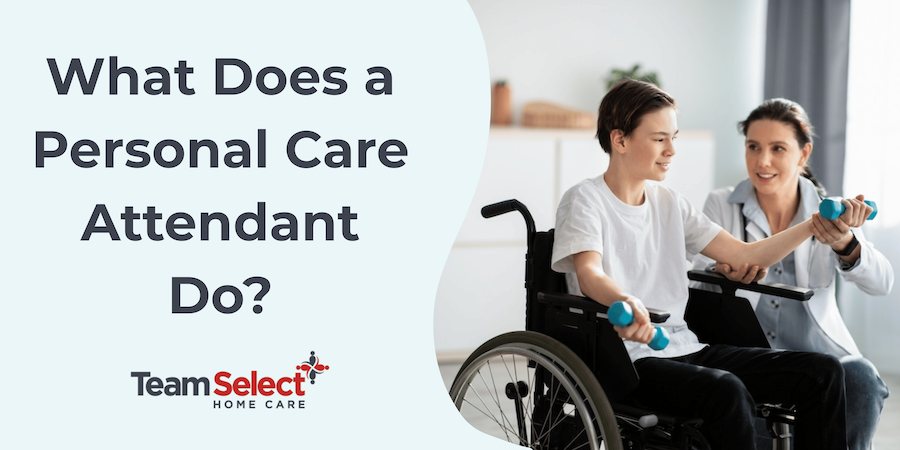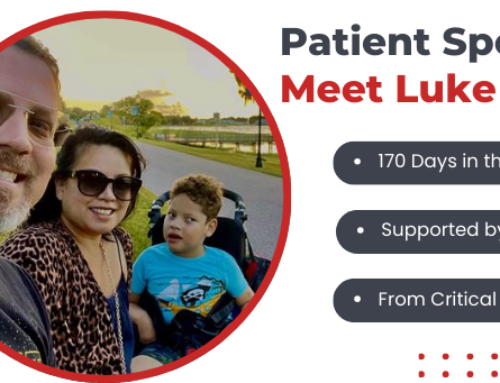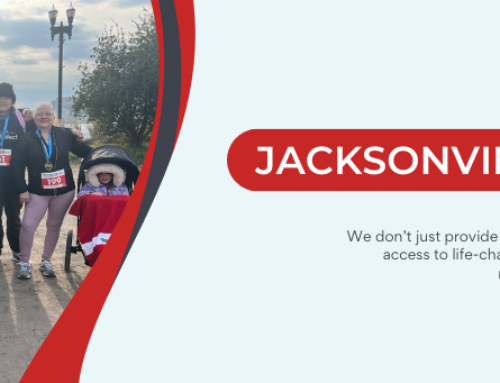A personal care attendant, also called a personal care aide or home care attendant, is a trained professional who provides non-medical assistance with daily living activities. These caregivers help individuals who need support due to age, illness, or physical disability manage their everyday tasks and maintain independence at home.
Unlike a registered nurse who performs medical procedures, a personal care aide focuses on helping clients with basic daily needs. They may work under the direction of a home care agency or the client’s family, rather than under direct supervision of healthcare providers
This guide will walk you through everything you need to know about personal care attendants, from their daily responsibilities to the training they receive, helping you understand how these professionals can support your family’s unique situation.

Core Responsibilities and Daily Tasks
Personal attendants handle a wide variety of tasks that support both physical and emotional wellbeing. Here’s what they typically do:
Personal Care Support
- Personal hygiene assistance: Helping with bathing, showering, and maintaining cleanliness
- Oral hygiene care: Supporting brushing teeth and mouth care routines
- Grooming: Assisting with hair care, nail trimming, and dressing
- Mobility support: Helping clients move safely around their home
Household and Daily Living Support
Personal care assistants also help maintain a comfortable living environment:
- Meal preparation based on dietary needs and preferences
- Meal planning that considers nutritional requirements
- Light household tasks like tidying living spaces
- Transportation support for appointments (when they have a valid driver’s license)
Companionship and Communication
Beyond physical tasks, personal attendants provide emotional support and serve as a communication bridge with healthcare providers. They document daily activities and any changes in the client’s condition, ensuring families and medical teams stay informed.
It’s important to note that personal care aides cannot perform medical procedures. They work alongside healthcare providers to deliver comprehensive care while staying within their scope of practice.

Training, Qualifications, and Requirements
Becoming a personal care attendant requires specific training and qualifications that vary by state but generally follow similar standards.
Education and Basic Requirements
Most positions require:
- High school diploma or equivalent
- Background checks and health screenings
- Valid driver’s license in many cases
- Physical ability to assist clients with mobility
Formal Training Programs
Many states require personal care assistants to complete a competency evaluation or training program, though requirements vary. Some states only mandate agency-based orientation. These evaluations often cover:
- Basic care techniques and safety procedures
- Understanding of activities of daily living
- Communication skills with clients and families
- Emergency response procedures
- Proper documentation methods
Many states use a task-based assessment tool to evaluate whether candidates can safely perform required duties. This hands-on testing ensures that personal attendants have the practical skills needed for their role.
Ongoing Requirements
The commitment doesn’t end after initial training.
- Some states and agencies require annual skills evaluations or refresher training, though there isn’t always a formal certification to renew
- Continuing education to stay current with best practices
- Many agencies require initial and sometimes ongoing health screenings, such as TB testing, but this varies by employer and state.
- Communication with human services departments for compliance
These requirements help maintain high standards of care and ensure that personal care assistants stay qualified to serve their clients safely.

Work Settings and Service Types
Personal care services are delivered in various settings, but the home environment remains the primary location. This home-focused approach allows clients to receive care in familiar surroundings while maintaining their daily routines.
Funding and Service Models
Attendant services are often covered through different funding sources:
- Medicaid waiver programs that allow people to receive care at home instead of institutional settings
- Private pay arrangements directly with families
- Community-based services programs administered by local agencies
Team Select Home Care simplifies this process, allowing you to spend more time focusing on what’s important: your loved ones. When you work with Team Select, you are partnered with a family navigator or Team Select representative who works to help you step-by-step through all paperwork and other requirements. This dedicated support helps you navigate the process with confidence and peace of mind, so you can focus on caring for your family.
Client Populations
Personal care aide services at Team Select Home Care support people across different age groups and conditions:
- Children with developmental disabilities or chronic health conditions
- Adults recovering from injuries or managing long-term illnesses
Home care settings allow for personalized attention that adapts to each person’s specific requirements and preferences.
Special Considerations for Pediatric Care
When working with children, personal care aide services require additional considerations. Young clients may need help with developmental activities, school preparation, and family interaction support. The nursing assistant or healthcare provider typically provides more detailed guidance for pediatric cases.

The Value of Professional Personal Care Services
Families often wonder about the benefits of hiring professional personal care providers versus relying solely on family member support. Both approaches have merit, but professional services offer distinct advantages.
Quality of Life Improvements
Professional home health services often improve outcomes for everyone involved. Clients receive consistent, skilled care while families gain peace of mind knowing their loved one is safe and well-cared for.
The process of authorizing health care services typically involves working with the client’s medical team and insurance providers. An authorized representative helps navigate this process and ensures that approved personal care aide services align with the overall treatment plan.
Specialized Pediatric Expertise
Children with complex medical needs require caregivers who understand both health care protocols and child development. Professional assistance in these situations often makes the difference between a child thriving at home versus requiring institutional care.
Finding the Right Care Partnership
When families need personal care support, choosing the right provider makes all the difference. Team Select Home Care understands that every family’s situation is unique and adapts our approach to meet your specific needs.
Specialized Pediatric Expertise: Our team has extensive experience working with children who have complex medical needs, developmental disabilities, and chronic conditions. We understand how to work with children’s changing needs and provide specialized assistance that helps young clients reach their potential while staying safe at home.
Family-Centered Approach: We believe in the power of choice. We allow you to select a caregiver who resonates with your family’s preferences, including trusted family members, neighbors, or friends who we can train and hire as your personal care assistant.
We’re more than a home care company. We’re a family committed to helping families in need of quality, in-home care. Contact Team Select Home Care today to learn how our personalized approach to personal care services can support your family’s journey.







Leave A Comment